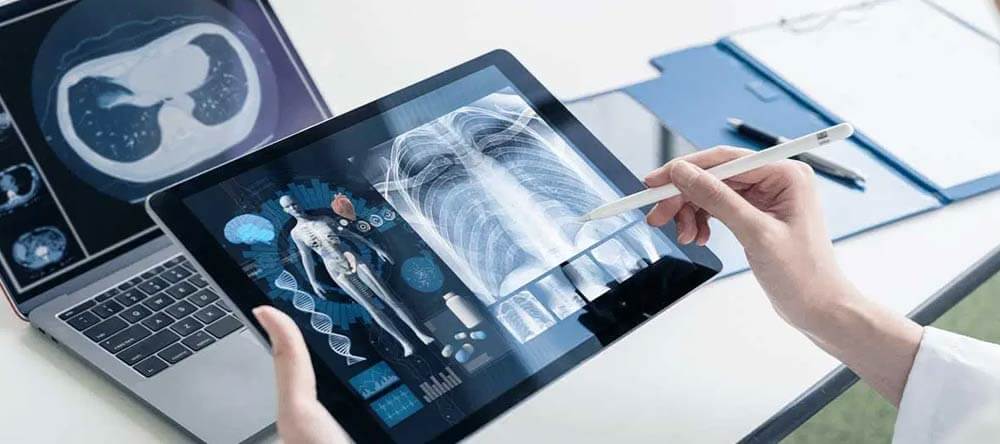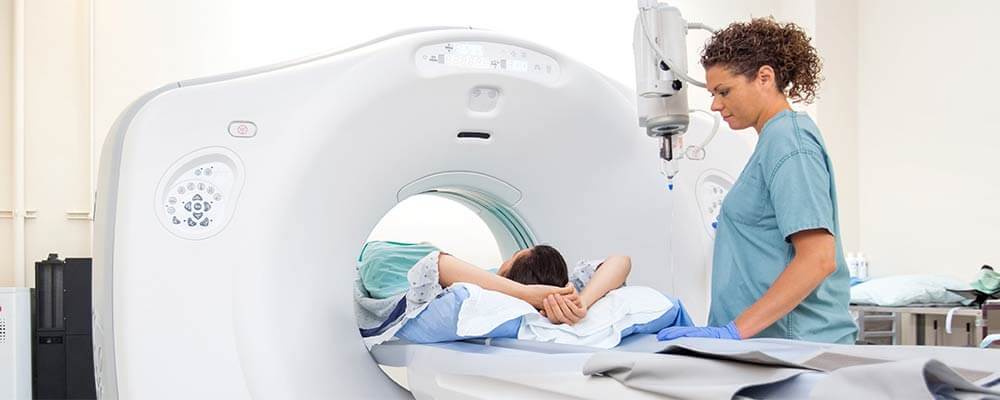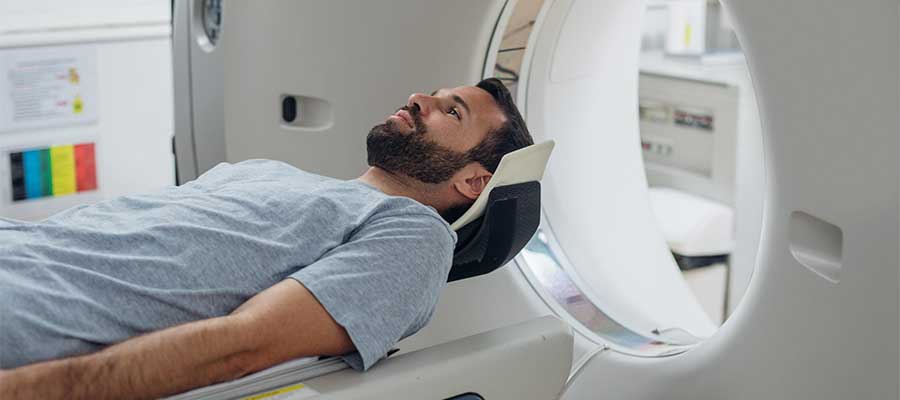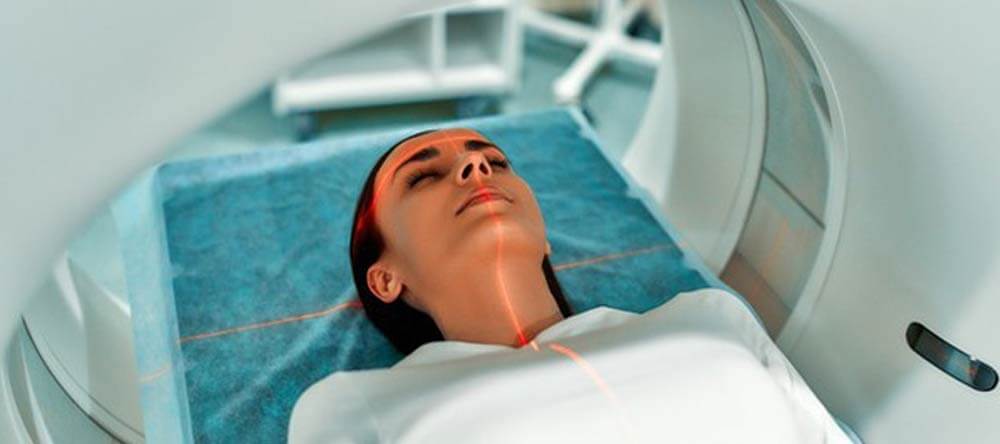For radiology technicians already working in the field, it’s natural to reach a point where you start craving new challenges. If you’re an x-ray technician who feels stuck producing the same kinds of images day after day, it may be time to think about the next step. Enrolling in an MRI tech school could be exactly what you need to expand your skills, boost your earning potential, and step into one of the fastest-growing specialties in healthcare.
MRI scanners are often seen as the next evolution of imaging technology. While x-rays remain important, they are limited in scope and carry risks associated with radiation exposure. MRI, on the other hand, provides highly detailed, radiation-free images of the body’s internal structures. This makes MRI not just the present, but the future of diagnostic imaging—and the technologists trained to operate this equipment are already in high demand.
Overcoming the Decision to Go Back to School
For many professionals, the idea of returning to school can feel daunting. You may wonder how you’ll balance classes with your current job, or whether the investment of time and money will truly pay off.
Here’s the reality: going back to school is less about starting over and more about building on the experience you already have. Think of it as upgrading your skillset rather than learning something entirely new. If you’ve already worked in radiology, you’re familiar with anatomy, patient interaction, and imaging equipment. That background gives you a strong advantage in transitioning to MRI.
Instead of seeing school as a hurdle, reframe it as an investment in a brighter future. The decision might feel intimidating now, but the payoff in career satisfaction, financial stability, and growth opportunities makes it worth it.
What You’ll Learn at an MRI Tech School
The coursework at MRI tech schools is designed to build on what many x-ray and ultrasound technicians already know. Common subjects include:
-
Medical terminology: You already hear and use it daily, but courses expand your vocabulary so you can communicate even more effectively with physicians.
-
Anatomy and physiology: You’ll study the body in greater detail, with a focus on structures most often examined in MRI, such as the brain, spine, chest, and abdomen.
-
Bio-radiology and imaging principles: These classes dive into how MRI scanners work, how to calibrate them, and how to select the correct protocols for each patient.
-
Digital imaging: Students learn how to manage, evaluate, and optimize digital images, ensuring clarity and accuracy for diagnosis.
For those already in the field, many of these subjects won’t feel foreign. You’ve seen firsthand how scans are performed, how patients respond, and how doctors interpret results. MRI education simply expands those skills and layers on the specialized training needed to handle more advanced equipment.
Why MRI Is a Smart Career Move
There are plenty of reasons x-ray technicians are making the switch to MRI:
-
Higher pay: MRI technologists consistently earn more than their radiology counterparts, even at entry-level positions.
-
Job growth: Demand for MRI services increases every year as hospitals and clinics expand their diagnostic capabilities. This translates into more job openings and long-term stability.
-
Better technology: MRI is one of the most advanced diagnostic tools available. Working with this technology not only keeps your skills current but also makes your work more engaging.
-
Improved schedules: In many settings, MRI technologists enjoy more predictable work hours compared to those in other imaging roles.
When you add these factors together, the transition to MRI isn’t just a professional upgrade—it’s also a lifestyle improvement.
Flexible Options for Busy Professionals
If the thought of going back to school full-time doesn’t seem possible, online programs provide a practical alternative. Accredited online MRI programs, like those offered at Pulse Radiology Institute, allow you to complete coursework on your own schedule while still gaining the clinical training required for certification.
This flexibility means you don’t have to give up your current job or income while advancing your education. You can study evenings, weekends, or whenever your schedule allows, making the path to MRI both achievable and sustainable.
Choosing to pursue additional education is never easy, but it can be one of the most rewarding decisions you’ll ever make. By enrolling in an MRI tech school, you’re not just learning new skills—you’re opening the door to higher pay, stronger job security, and a career that feels both challenging and fulfilling.
At Pulse Radiology Institute, we provide accredited programs designed to help x-ray technicians and other imaging professionals take the next step in their careers. With flexible online learning, nationwide clinical training opportunities, and dedicated support, our programs make it possible to advance without putting your life on hold. If you’re ready to grow your career and future, it’s time to explore what an MRI education can do for you.





